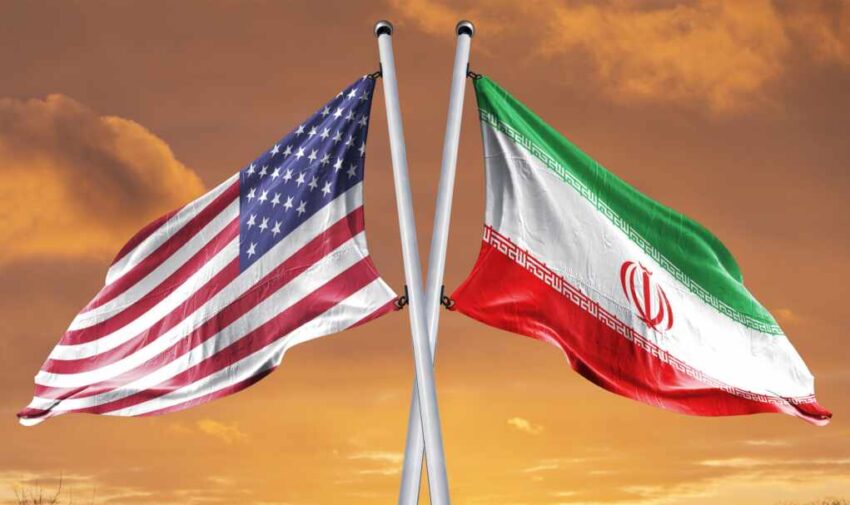Reza Pahlavi, the exiled son of Iran’s last shah, has seen his credibility collapse after publicly defending Israel’s war against Iran—prompting sharp backlash from critics and diminishing support across his monarchical base.
At a Glance
- In a televised press conference from Paris on June 24, Pahlavi urged the US to withhold diplomatic engagement with Iran and supported Israel’s military actions amid the Iran–Israel war.
- He drew parallels between Iran’s situation and the fall of the Berlin Wall, urging the opposition within Iran to “seize the opportunity” for regime change.
- The heavy Israeli bombardment, widely reported to have killed over 935 people including civilians, sparked outrage at Pahlavi’s failure to condemn civilian losses.
- Trita Parsi, Iran expert, says Pahlavi “destroyed much of [his brand name] by making excuses for Israel” despite civilian casualties.
- Analysts note that while the Iranian diaspora may maintain nostalgic support, Pahlavi’s alignment with Israel alienates mainstream Iranians seeking democratic reform.
Prince Pahlavi Champions Israel’s Campaign
During a media briefing in Paris hours before a ceasefire took effect, Pahlavi urged Western powers not to revive talks with Tehran’s regime and endorsed Israel’s military campaign—a stance widely reported by Al Jazeera and echoed in The Times of Israel.
He called the conflict a “Berlin Wall moment,” urging Iranian security forces and civilians to defect and demand democratic change. However, as Madhyamam reports, protests inside Iran failed to materialize. Instead, many citizens rallied around the flag, viewing Pahlavi’s appeal as a foreign-backed disruption rather than a domestic movement.
Watch a report: Reza Pahlavi, Son Of Last Shah Of Iran Talks Israel‑Iran War.
Backlash From Democracy Advocates
Critics such as Trita Parsi argue Pahlavi’s justification of Israeli military strikes undermined his democratic credibility, particularly in light of mounting civilian deaths.
Barbara Slavin of the Stimson Center also stated Pahlavi’s overt pro-Israel stance “has a bad smell,” noting it alienates Iranians who view such alignment as compromising national sovereignty. According to Al Jazeera, this shift has eroded what little domestic traction his monarchy had regained in recent years.
What Comes Next
While Pahlavi retains nostalgic appeal among segments of the Iranian diaspora who yearn for pre-1979 secularism, this support is largely symbolic, not strategic. As Madhyamam notes, younger generations see monarchy as antiquated and view his latest comments as disqualifying.
His open alignment with Israel has not only fractured his base but also drawn skepticism from reformists who once saw him as a transitional figure. As Iran enters a fragile post-ceasefire phase, Pahlavi’s ability to pivot back toward broad-based democratic legitimacy is in serious doubt.
Reza Pahlavi’s bid to lead Iran toward transition now teeters on a precarious edge—his credibility fractured, his alliances fraying, and his legacy increasingly contested.
Click this link for the original source of this article.
Author: Editor
This content is courtesy of, and owned and copyrighted by, https://deepstatetribunal.com and its author. This content is made available by use of the public RSS feed offered by the host site and is used for educational purposes only. If you are the author or represent the host site and would like this content removed now and in the future, please contact USSANews.com using the email address in the Contact page found in the website menu.








